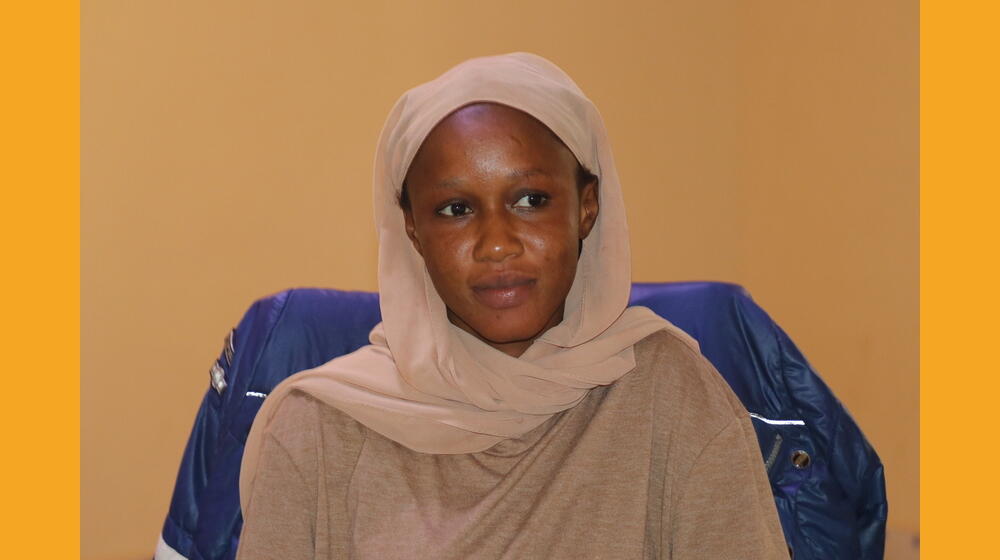Yasin Dibba, a health worker at Janjanbureh Health Center, expresses confidence in her ability to deliver essential sexual and reproductive health (SRH) services to women in humanitarian settings, thanks to her MISP training convened by UNFPA. Her commitment shows the resilience and dedication which is at the heart of her profession
"The need for sexual and reproductive health services doesn't pause during humanitarian crises. Women continue to give birth and require care, no matter the circumstances."
This training focused on the Minimum Initial Service Package (MISP)—a lifesaving toolkit designed to help health workers provide essential sexual and reproductive health (SRH) services even in the harshest humanitarian conditions. For Yasin and her colleagues, this preparation goes beyond professional development; it's about ensuring no woman or girl is left behind, even in the most vulnerable and remote communities.
Preparing for the Unexpected
Humanitarian crises, whether due to natural disasters or conflict, often have devastating effects on healthcare systems, limiting access to critical services. For midwives like Yasin, the lack of resources can be a matter of life and death for pregnant women and newborns. The MISP training prepares the healthcare providers to face these challenges head-on, teaching them skills that allow them to deliver essential care even when infrastructure and resources are stretched thin.
Yasin and her fellow trainees learned how to administer basic SRH services, prevent gender-based violence, and provide clinical care for survivors. They also acquired the knowledge to manage complications that could arise during pregnancy and childbirth under challenging conditions. This practical training ensures they can be on the frontlines, responding swiftly to save lives.
“This Training Is Crucial for Us”
The training offered Yasin more than just skills; it also provided her with the confidence and reassurance that she can meet the needs of her patients no matter what challenges arise. "This training is crucial as it equips us to provide essential services even in the most challenging situations," Yasin emphasized. She knows that in emergencies, every second counts, and being able to offer timely care can mean the difference between life and death.

In her role, Yasin has encountered the anxieties of expectant mothers who fear for their health and that of their unborn children, especially when access to healthcare is uncertain. With the MISP training, she can now approach these women with the assurance that, even in a crisis, she can help them.
The training of midwives like Yasin is part of UNFPA The Gambia's commitment to empowering local healthcare providers and strengthening community resilience. By equipping midwives with the tools to address SRH needs during crises, UNFPA aims to ensure that women and girls in The Gambia are protected, regardless of the circumstances.
Media contact: Fatoumatta Cham- Program Analyst, Communications (cham@unfpa.org)


